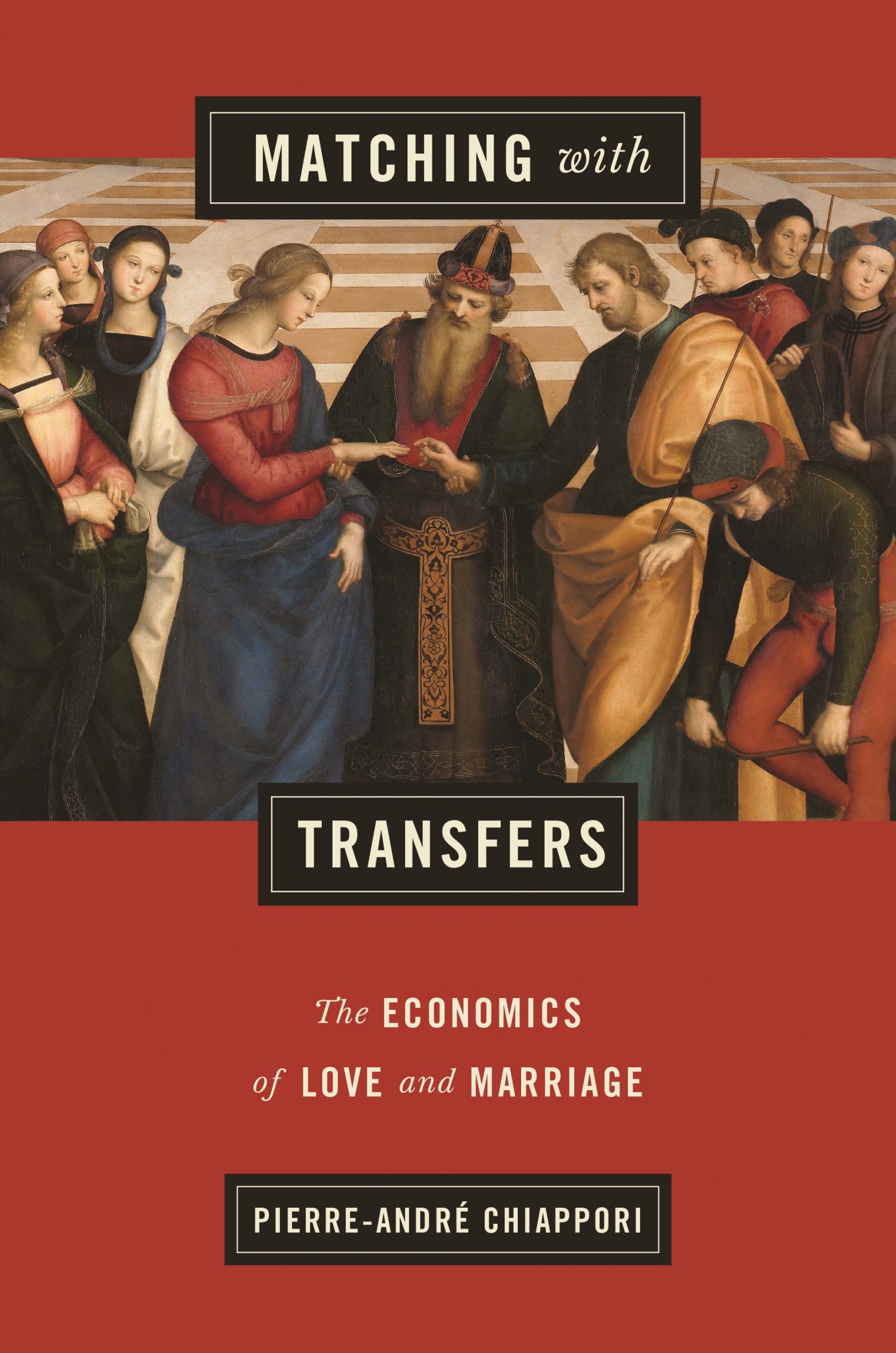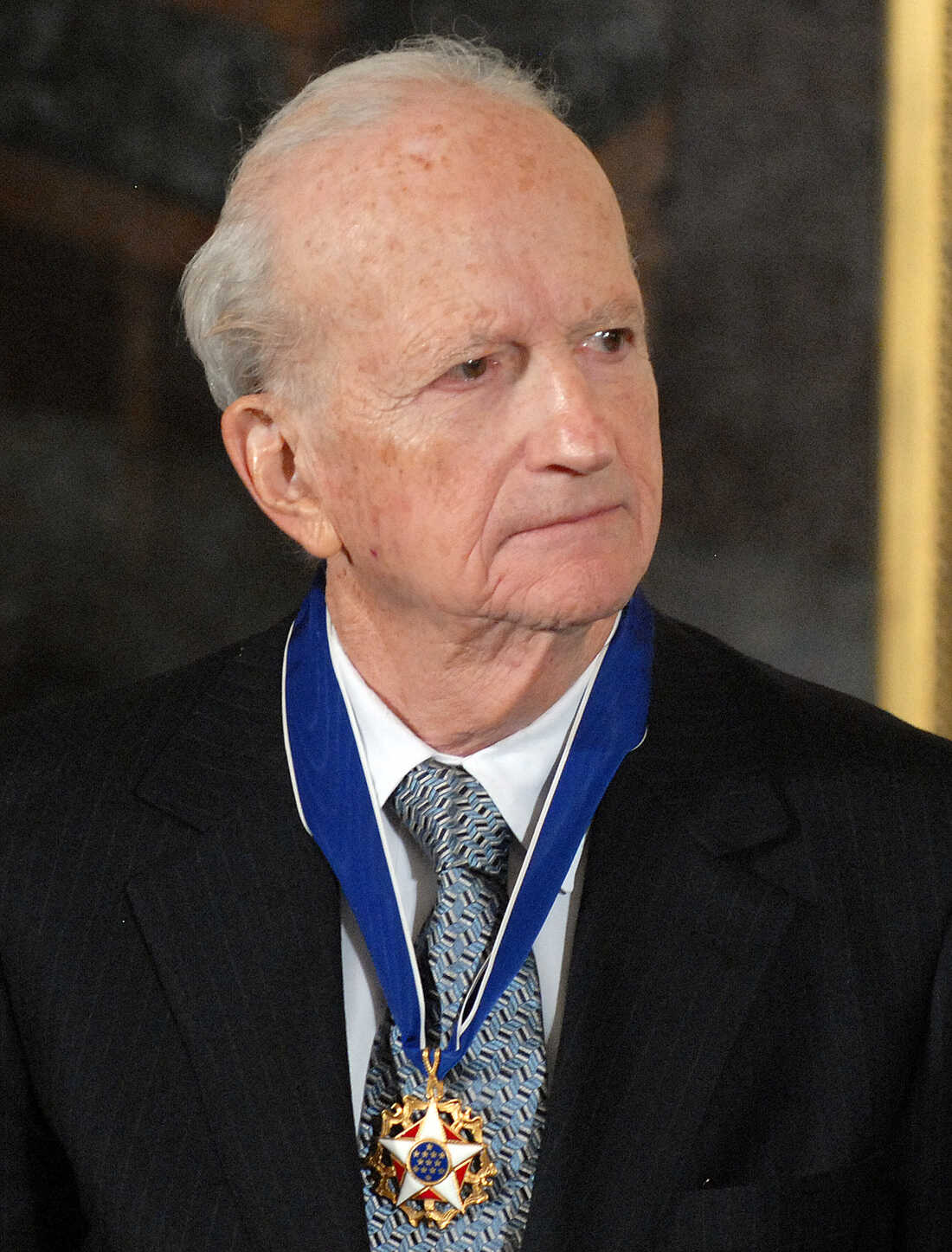Here is a detailed and SEO-friendly blog post on: How Does Sports Marketing Impact the Economy? Sports have long been more than just games—they are powerful economic engines that shape industries, create jobs, and influence consumer behavior. At the heart of this economic force is sports marketing, a dynamic field that blends entertainment, advertising, and… Continue reading How Does Sports Marketing Impact the Economy?
Category: Behavioral Economics
How Do Hedge Funds Use Leverage?
Leverage is a common tool used by hedge funds to increase returns. By borrowing money to invest, hedge funds can amplify gains (and losses). The use of leverage can be beneficial when markets are rising but can magnify losses during market declines. What is Gearing / Leverage in Hedge Funds Leverage is a key tool… Continue reading How Do Hedge Funds Use Leverage?
Prospect Theory: How It Works?
Prospect theory is a psychological theory that describes how people make decisions when faced with uncertain or risky prospects. The theory posits that people are more likely to choose options that offer a higher chance of a positive outcome, even if the expected value of the outcomes is lower than another option. In 1972, Kahneman… Continue reading Prospect Theory: How It Works?
The Economics of Love And Marriage
The economics of love and marriage explores how individuals make rational decisions based on the costs and benefits of entering into relationships, getting married, having children, or getting a divorce, in order to maximize their utility. This economic approach to marriage theory considers factors such as income inequality, search costs, and the value of love… Continue reading The Economics of Love And Marriage
Economics of the Marriage Market
The marriage market functions as a public platform where parents advertise their children to find them a suitable spouse, and individuals gather to explore potential matches. This market operates similarly to a labor market, as both involve assortative matching and impact income inequality. Additionally, marriage brings economic benefits such as tax breaks, social security benefits,… Continue reading Economics of the Marriage Market
Why is Marriage Important to the Economy?
Marriage is important to the economy because it promotes population growth and increased market demand for goods and services, contributing to economic growth and productivity. When couples get married, they strive to expand their families, leading to a higher fertility rate and a larger labor force. This, in turn, supports the production process and the… Continue reading Why is Marriage Important to the Economy?





